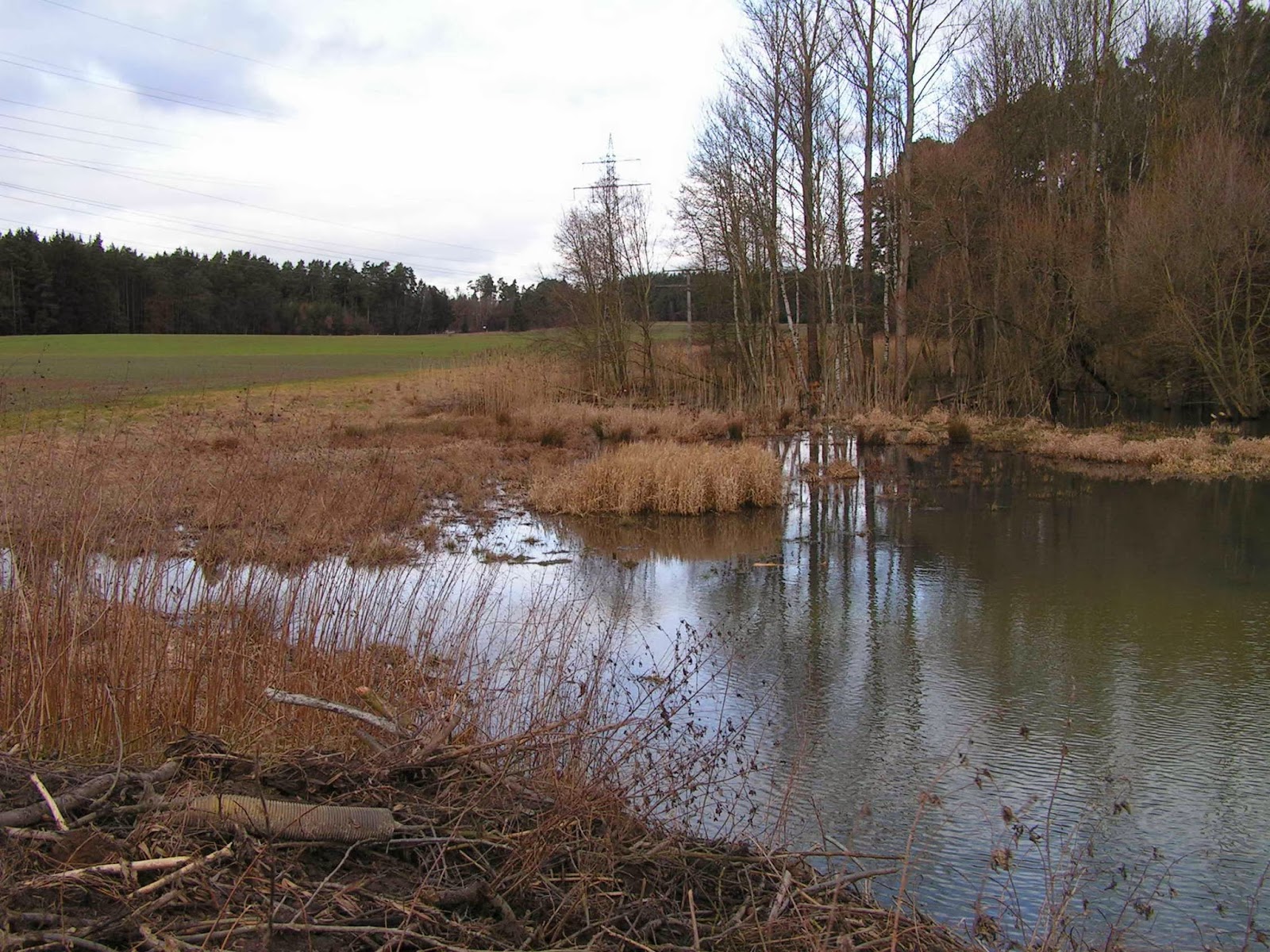When Land Becomes a Financial Instrument: Carbon, Credits, and the £14m Lease
Land Campiagner Andy Whiteman has unveiled the true extent of the land market madness in Scotland in his latest blog - essential reading here: https://andywightman.scot/2025/09/the-12-million-farm-sale-and-the-14-million-lease
I responded to Andy thus:
Andy, hope you're well. Another incisive piece that perfectly captures the surreal financialisation of Scotland's land.
Your analysis of the £12m sale and £14m leaseback is the clearest case study yet of a phenomenon I've witnessed firsthand while trying to acquire land for genuine conservation: the creation of a natural capital speculative bubble.
My experience with the Woodland Carbon Code (WCC) and Biodiversity Net Gain (BNG) markets confirms that this isn't just land trading; it's a fundamental re-engineering of land as a financial instrument. Upland estates are no longer valued for their agricultural, tax dodging or 'sporting' potential, but as factories for producing environmental commodities.
The Financial Engine of the Bubble
As you've identified, the driver is the ability to calculate the Net Present Value (NPV) of future ecosystem service revenue. With WCC credits soaring from £5-8/tonne to £20-30+/tonne, a single large estate can now model millions in future carbon income. When you layer on the potential for BNG credits (selling at £30,000-£40,000 per hectare for high-value habitats), Natural Flood Management grants, and other public subsidies, you create a "perfect storm" of speculative valuation that completely detaches price from productive capacity.
The New Buyer Profile: Global Capital, Not Local Stewards
The market is now dominated by actors with entirely different motives and capital reserves:
Natural Capital Funds: Specialised investment vehicles treating land as a portfolio asset class.
Corporates & Banks: Engaging in "insetting" by directly owning land to offset their emissions, effectively vertically integrating their supply chain for ESG compliance.
High-Net-Worth Individuals: Chasing a "green legacy" and tax-efficient wealth preservation, spurred by instability in other asset classes.
These entities are not just outbidding local communities and farmers; they are operating in a different economic universe altogether.
Political Complicity and the Inevitable Populist Backlash
You are absolutely right to point the finger at political facilitation. Both the SNP and Labour have hitched their green credentials to this model of private finance, believing it's the only way to meet climate targets without public investment. In doing so, they are actively enabling a system that holds the public to ransom—we must either pay inflated prices for ecosystem services or fail to meet our legal environmental commitments.
This is not a stable system. The bubble will pop. It will likely burst when a combination of factors collide: a future government U-turn, a scandal over the validity of credits, or—as you rightly hint—a populist backlash from a Trump/Farage-style movement that successfully frames this as a "green tax on ordinary people" that enriches a new elite of eco-financiers.
The Unspoken Solution: A System We're Powerless to Implement
We know the answer. A direct Land Value Tax (LVT) would capture this unearned rental value for the public good, deflating the speculative bubble and forcing land to be used productively. A robust carbon tax at the source would be a more efficient way to drive down emissions than this convoluted, rentier-friendly offset market.
But these solutions remain politically impossible precisely because the economic forces you've exposed have a death grip on public policy. The Leadhills-Gresham deal isn't an anomaly; it's the logical endpoint of a system designed to create private wealth from public ecological crises.
Your work in documenting this is more vital than ever.




Comments
Post a Comment